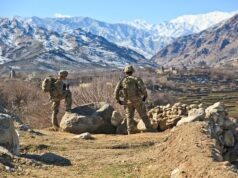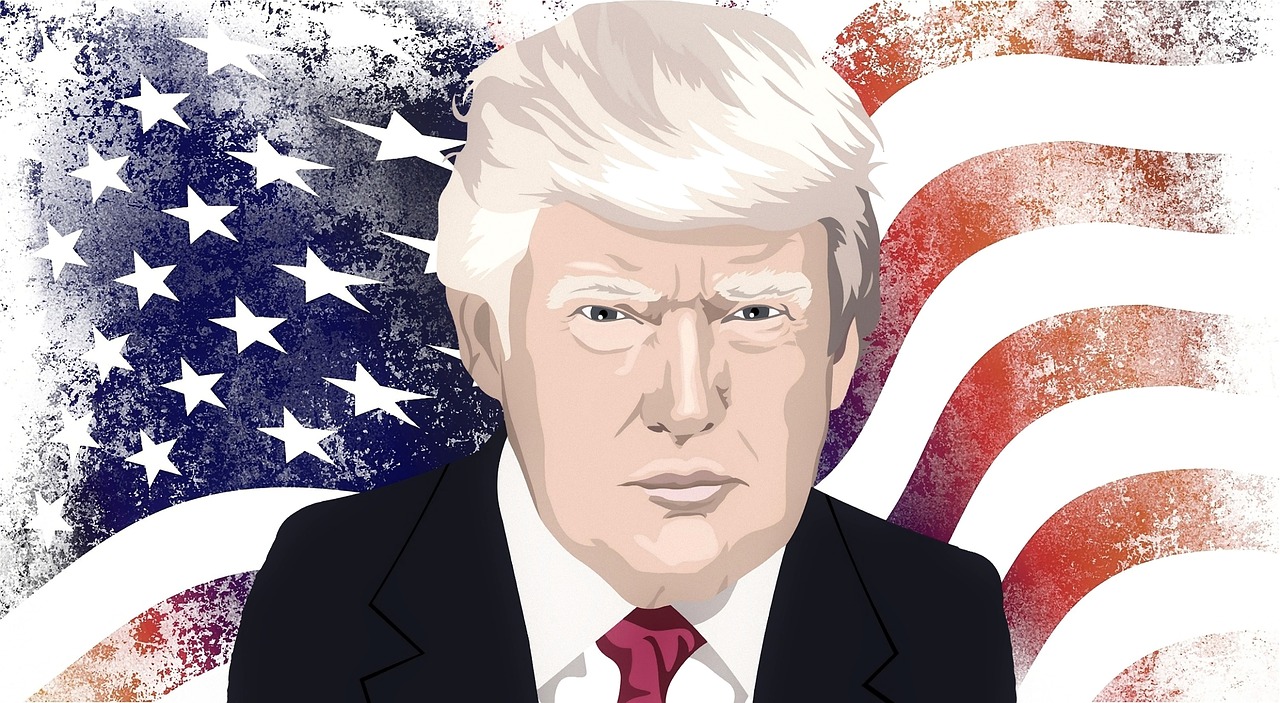
The solution to the long-standing war in Afghanistan has reached a new milestone. The US, according to its special envoy Zalmay Khalilzad, agreed with the radical Islamic Taliban on the basis of a peace treaty. However, an important player in the talks in Doha was missing: the Afghan government.
For six days, a delegation from the US negotiated with the Taliban in Qatar’s Doha, more or less, the future of Afghanistan. Khalilzad told the New York Times on Monday that progress has been made. For example, the Taliban had promised that foreign extremists would no longer be sheltered. The US offered in return to withdraw their soldiers from the Hindu Kush. US President Donald Trump had announced the withdrawal demanded by the Islamists last year.
For German Afghanistan expert Thomas Ruttig of the think tank Afghanistan Analysts Network, the deal is „a first step on a long journey“, as he said in an interview with ORF.at. „The US wants to get their troops out of the country, and the Taliban want the soldiers to leave the country. You can sell the success as a breakthrough, „emphasized Ruttig. However, the Afghan government would have to be involved in the next talks, which is after all the „third party“ in the peace process.
Direct talks with Kabul demanded
So far, the Taliban had rejected direct talks with Kabul but categorically. The Afghan government of President Ashraf Ghani consider the Islamists a kind of puppet of the United States. „In a sense, of course, the Taliban are right. The Afghan government can not say whether US troops should withdraw or not. Moreover, even if the US does not dictate everything, Kabul is currently dependent on Washington, both financially and militarily, „said Ruttig.
The Taliban’s refusal to sit with Kabul at the negotiating table has historically caused tension between Kabul and Washington in the past. However, according to the New York Times, the US would only strip its soldiers if the Taliban and the Afghan government agree on a ceasefire in the country. No concessions have been made by the Islamists so far. But – and this is already considered progress – the Taliban’s representatives interrupted talks in Qatar to discuss a possible dialogue with Kabul. The next round of negotiations was agreed at the end of February in Doha.
Negotiate at eye level
From the direct talks between the US and the Taliban Kabul felt at times offended and excluded. In December, national security adviser Hamdullah Mohib tweeted that only the people of Afghanistan and their elected leaders could make decisions about the future of the country. Afghanistan’s President Ghani, who again called for direct talks with the Taliban, also came in the same vein on Monday.
They have two options, he said: they could either stand with the Afghans or be the tool of foreign powers and their goals. „If it were not for the war with the Taliban, the lives of millions of Afghans would be enjoyable,“ Ghani said. No Afghan could accept that his children were cannon fodder or lost to foreign countries. At the same time, no Afghan wants a longer-lasting presence of international troops. Currently this is necessary.
That’s how Ruttig sees it. The presence of Western soldiers was a „guarantee“ that the Afghan government and its opponents, such as the Taliban, could negotiate „on equal terms.“ The fact that Ghani indirectly criticized the US with the statements also explains the expert as follows: There are one or the other voice that does not believe that the US wants the best for the country, „said Ghani, who questions the US talks , He does not want to be demoted to the spectator. “
Fear of resurrection of the Taliban
How it will continue is still questionable. The first details of a peace agreement could be negotiated at the end of February. Overall, it was the fifth round of talks between Taliban officials and Washington since July 2018. Khalilzad, who was born in Afghanistan, had met with Taliban representatives several times without Washington officially confirming it.
Meanwhile, observers fear that the Taliban could expand its power by withdrawing around 14,000 US soldiers. The Islamists had controlled large parts of Afghanistan from 1996 until the invasion of US troops in 2001 under their control. The fight against Al-Qaeda and its suspected leader Osama bin Laden in Afghanistan had been the reason for the US intervention in Afghanistan after the attacks of September 11, 2001.
Last year, the US Inspector General for Afghanistan (SIGAR) published a report claiming that just under 56 percent of the 407 districts in Afghanistan are under government control. That was the lowest registered number so far. The remaining areas are either under the control of „insurgents“ (such as the Taliban) or are contested. The conclusion was that US-backed Afghan forces had made „minimal or no progress“ in the fight against the Taliban.



